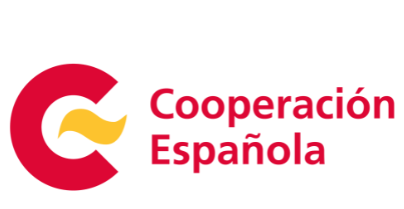New York, 14 April 2021 – Members of the Inter-agency Task Force on Financing for Development (IATF),the United Nations (UN) and the European Union (EU), launched the Integrated National FinancingFramework (INFF) Knowledge Platformtoday at the 2021 Financing for Development Forum. The platform was launched ata virtual side event that brought together policymakers and INFF practitionersfrom around the world to share early lessons from INFF implementation.
Mobilising resources, both domestic and global, tosupport sustainable development remains a key challenge for many developingcountries. The economic impact of COVID-19 has made this even harder.
According to the 2021 Financing for Sustainable Development Report, published in March by the IATF, the pandemic has caused the worst recession in 90 years andpushed around 120 million people into extreme poverty.
Countries are mobilising unprecedented levels ofeconomic stimulus, but more than 80 percent of the USD 16 trillion in supportmeasures are concentrated in the developed world. Many developing countriesface tight financing constraints, and more than half of the poorest countriesare at risk or already in debt distress.
Emergencyintervention remains paramount for all governments in the short-term, but fiscalstimulus packages and investments in recovery also offer an opportunity to seteconomies on new growth and development pathways in the long-term. The need for integrated financing strategies to help countries mobilise financing, manage risks and coordinate investments is more urgent than ever.
“The COVID-19 pandemic has amplified the need for thekind of holistic, integrated approach to financing the INFF embodies,” said Marcos Neto, Directorof the Finance Sector Hub at the United Nations Development Programme (UNDP). INFFs can help countries shape the immediate response to the economicimpacts of COVID-19 and prevent the erosion of hard-won progress on criticalSDG targets.
Conceived as a planning and delivery tool to helpgovernments finance the 2030 Agenda at the country level, INFFs provide a frameworkfor strengthening planning processes and building national capacity tostrategically manage financing for sustainable development. “The COVID-19crisis has significantly set back SDG progress and exacerbated countries’fiscal challenges,” said Mr. Navid Hanif, Director of the Financing forSustainable Development Office at the United Nations Department of Economic andSocial Affairs (UN DESA). “INFFs can help them to rebuild better and take amore long-term perspective to overcome these financing challenges.”
Since INFFs werefirst introduced in the Addis Ababa Action Agenda, interest in integratedfinancing for the SDGs has grown exponentially. In 2019, 16 countries committedto pioneering the INFF approach. Today, governments in more than 70 countriesare taking steps to develop and implement INFFs.
The international community, led by the IATF, hasresponded by combining and aligning resources and tools in support of nationalefforts, including through targeted technical assistance and methodologicalguidance.
The new INFF Knowledge Platform, a joint effort by theEU, UNDP and UN DESA, is a digital space for gathering and sharing allINFF-related knowledge, lessons, resources and tools. The platform houses aseries of step-by-step guidance materials developed by the IATF to helpcountries get started. According to Mr. Hanif, the Knowledge Platform is a“one-stop-shop for government officials and other INFF practitioners to findguidance and learn from their peers.”
Moving forward, the platform will work to support agrowing community of practice by sharing successful approaches and lessonslearned. By forging connections between stakeholders across a range of sectors,countries and regions, the platform hopes to accelerate the pace of progresstoward the achievement of the goals and targets of the 2030 Agenda.




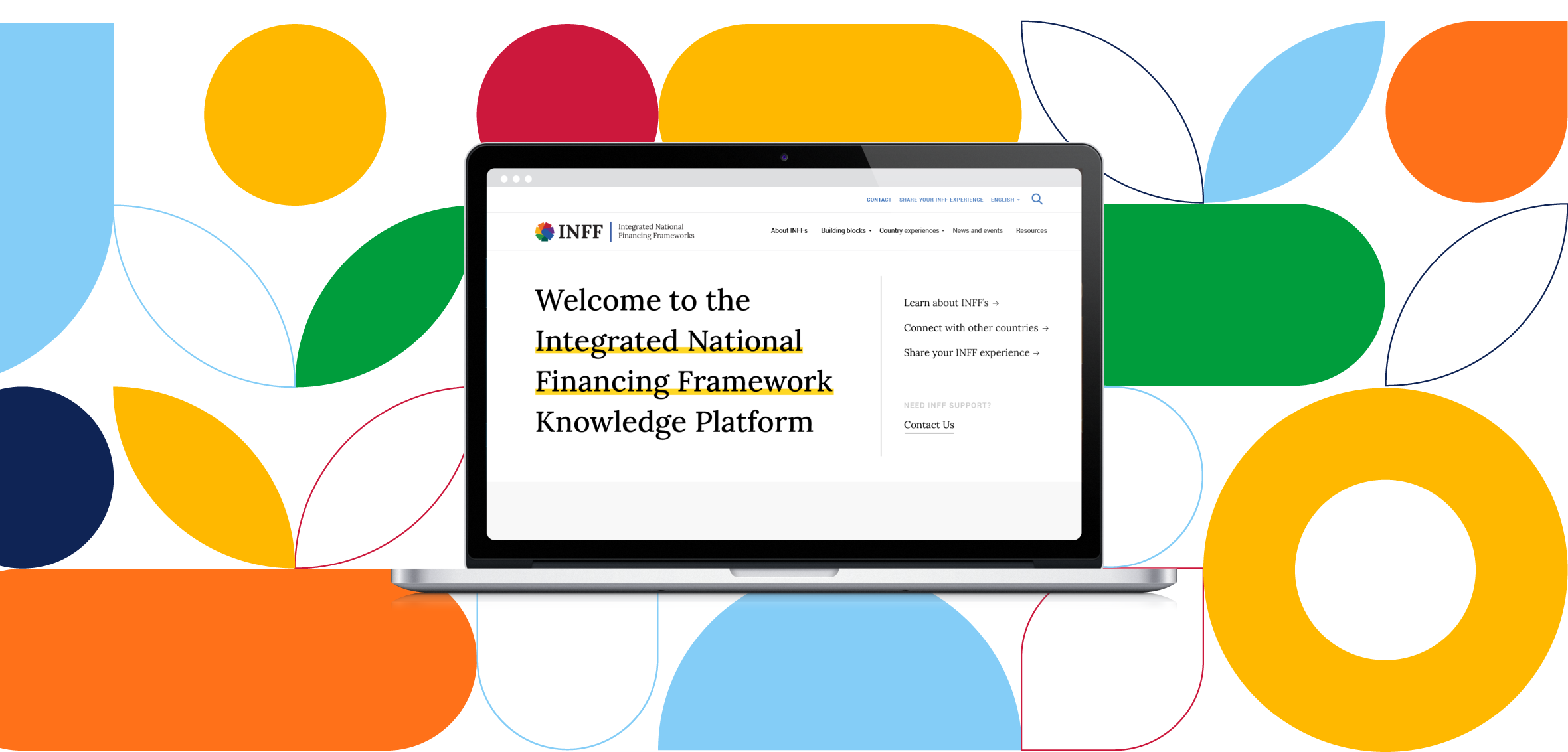





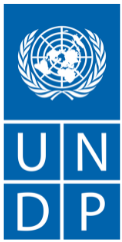

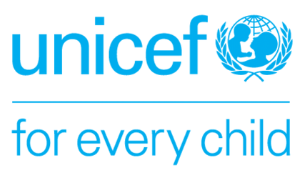

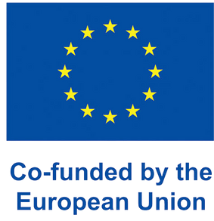
.png)

